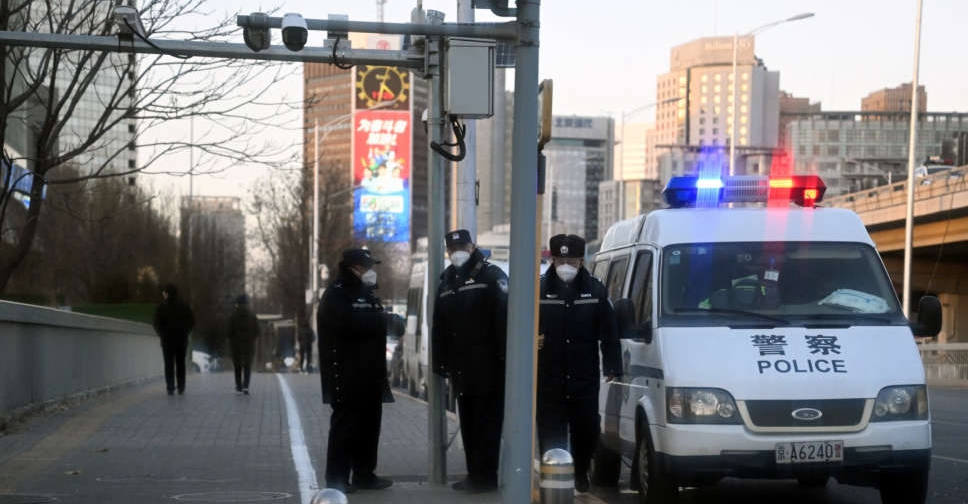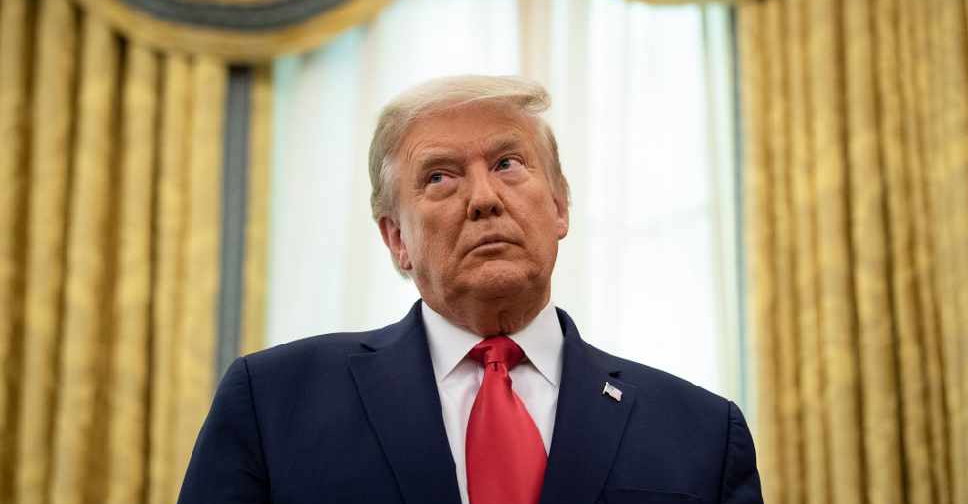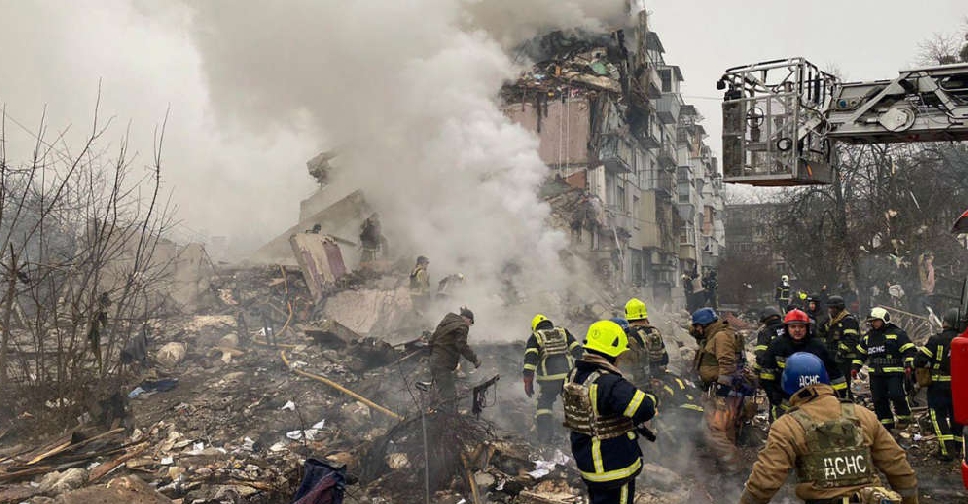
China is set to announce in coming days an easing of its COVID-19 quarantine protocols and a reduction in mass testing, sources told Reuters, a marked shift in policy after anger over the world's toughest curbs fuelled widespread protests.
Cases nationwide remain near record highs but the changes come as some cities have been lifting their lockdowns in recent days, and a top official said the ability of the virus to cause disease was weakening.
Health authorities announcing the easing in their areas have not mentioned the protests - the biggest show of civil disobedience in China for years which ranged from candle-lit vigils in Beijing to street clashes with police in Guangzhou.
The measures due to be unveiled include a reduction in mass testing and regular nucleic acid tests and moves to allow positive cases and close contacts to isolate at home under certain conditions, the sources familiar with the matter said.
That is a far cry from earlier protocols that led to public frustrations as entire communities were locked down, sometimes for weeks, after even just one positive case.
The frustration boiled over last week in demonstrations of public defiance unprecedented in mainland China since President Xi Jinping took power in 2012, and come as the economy is set to enter a new era of much slower growth than seen in decades.
CHANGING RULES
Less than 24 hours after violent protests in Guangzhou on Tuesday, authorities in at least seven districts of the sprawling manufacturing hub, said they were lifting temporary lockdowns. One district said it would allow schools, restaurants and businesses including cinemas to reopen.
Cities including Chongqing and Zhengzhou also announced easings.
Adding to the sense of a shift in direction, Vice Premier Sun Chunlan, who oversees COVID efforts, said the virus's ability to cause disease was weakening, state media reported.
"The country is facing a new situation and new tasks in epidemic prevention and control as the pathogenicity of the Omicron virus weakens, more people are vaccinated and experience in containing the virus is accumulated," Sun said in comments reported in state media.
Sun also urged further "optimisation" of testing, treatment and quarantine policies.
RE-OPENING NEXT YEAR?
Expectations have grown around the world that China, while still trying to contain infections, could look to re-open its borders at some point next year once it achieves better vaccination rates among its hesitant elderly.
Health experts warn of widespread illness and death if COVID is let loose before vaccination is ramped up.
Chinese stocks and markets around the world dipped initially after the weekend protests in Shanghai, Beijing and other cities, but later recovered on hopes that public pressure could lead to a new approach by authorities.
More COVID outbreaks could weigh on China's economic activity in the near term, the International Monetary Fund said on Wednesday, adding it saw scope for a safe recalibration of policies that could allow economic growth to pick up in 2023.


 Mexico vows retaliation to Trump tariffs
Mexico vows retaliation to Trump tariffs
 Arab foreign ministers reject call for transfer of Palestinians
Arab foreign ministers reject call for transfer of Palestinians
 Russian air attack kills four in Ukraine, Kyiv says
Russian air attack kills four in Ukraine, Kyiv says
 Three Israeli hostages released in latest Gaza exchange
Three Israeli hostages released in latest Gaza exchange



